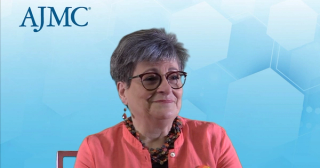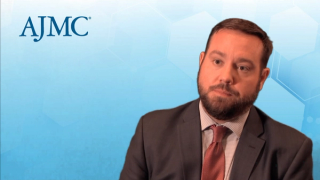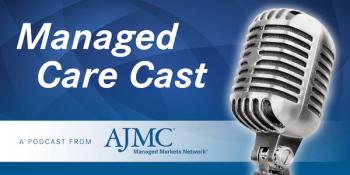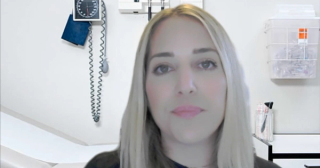
Health System
Latest News
Latest Videos
Podcasts
CME Content
More News

Leslie Fish, PharmD, senior vice president of pharmacy at IDP Analytics, LLC, reflects on the future of biosimilars and the impact they will have on managed care pharmacy settings to improve patient access to medications.

Prices for care at hospital trauma centers vary across hospitals; drug shortages reached a record high during the first quarter of 2024; although 3 of the biggest makers of asthma inhalers pledged to cap out-of-pocket costs for some US patients at $35, these do not apply to daily inhalers used by the youngest kids with asthma.

By prioritizing well-being, both the public and private sectors can come together in partnerships to address social needs and social determinants of health.

The new playbook details voluntary best practices for value-based care (VBC) payment arrangements and is part of an effort to increase VBC adoption in the private sector.

Analysis of a patient sample enrolled in charitable care at an academic medical center revealed that chronic medications were variably filled at a significant cost.

Average prices are substantially higher but rates of complications are similar in hospital-based vs freestanding surgery centers for colonoscopy, arthroscopy, and cataract removal surgery.

Medicare’s upcoming health equity adjustment in the Hospital Value-Based Purchasing (HVBP) program will reduce disproportionate penalization among safety net hospitals and those serving high proportions of Black patients, according to a recent study.

Al Benson, MD, FACP, FACCC, FASCO, medical oncologist at Northwestern University Feinberg School of Medicine and associate director of the Robert E. Tillery Comprehensive Cancer Center, discussed findings from a national survey assessing barriers to comprehensive cancer care delivery.

Increased perceived economic burden (PEB) was associated with an increased risk of mortality and poorer health status among patients with acute decompensated heart failure (HF).

This longitudinal observational study found higher team satisfaction with workload to be significantly associated with lower primary care physician turnover.

The Duchenne muscular dystrophy (DMD) treatment vamorolone received FDA approval in October 2023 and is a less toxic alternative to conventional corticosteroids.
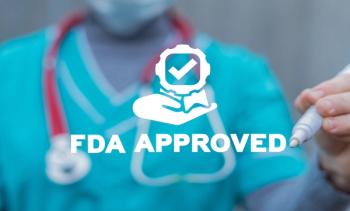
The FDA has granted accelerated approval to ponatinib (Iclusig) plus chemotherapy for the first-line treatment of Philadelphia chromosome–positive acute lymphoblastic leukemia (Ph+ ALL).

Baseline levels of serum amyloid A, C‐reactive protein, soluble tumor necrosis factor receptor 1, adiponectin, YKL‐40, and osteoprotegerin could be used to predict a rise in arterial inflammation.

An analysis of nationwide data over 2 decades identified demographic-specific trends in liver cancer incidence and mortality in the US.

A survey of more than 1500 people revealed misconceptions about living with diabetes, particularly regarding the efficacy of GLP-1 weight loss drugs as a standalone solution for managing their health goals.

Friday's keynote speaker, Katherine A. Meese, PhD, addressed the conference theme of workforce support at the Association of Cancer Care Centers 50th Annual Meeting and Cancer Center Business Summit.
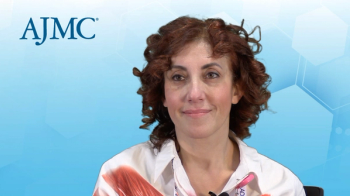
Mila Felder, MD, FACEP, emergency physician and vice president for Well-Being for All Teammates, Advocate Health, talks about tailoring the Stanford Model of Professional Fulfillment to support the postpandemic oncology workforce.
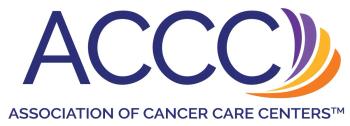
Quality Improvement (QI) projects require a series of distinct steps and timely data collection that will allow clinics to see if changes are yielding results, a consultant told attendees at a preconference workshop at ACCC.

Patients with congestive heart failure and/or chronic obstructive pulmonary disease who had more quarterly primary care visits had lower rates of hospitalizations during the COVID-19 pandemic.

While adopting new payment models can come with challenges, there are strategies that can help oncology practices optimize their approaches, said Kathy Oubre, MS, CEO of Pontchartrain Cancer Center.

This study leverages newly available hospital pricing data to explore hospital-insurer contracts from a large hospital chain.

This analysis of Medicare data examines the relationships between fragmented readmission, health information exchange, and repeat imaging in older adults with and without Alzheimer disease.
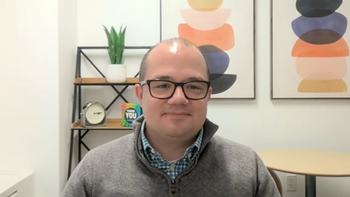
The newly appointed president and CEO of the National Alliance of Healthcare Purchaser Coalitions discussed timely issues where we may see progress in 2024.
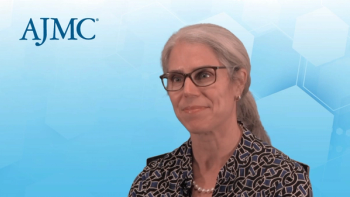
UnitedHealthcare is incorporating real-world evidence into pathways design and policy formulation, leveraging its members' data to evaluate the impact of different regimens on health resource utilization and costs, explains Lucy Langer, MD, MSHS, national medical director of oncology and genomics at UnitedHealthcare.

UnitedHealthcare's oncology payment mode initially involved a pay-for-performance program based on pathways adherence, and will be transitioning in 2024 to a broader system with graded quartiles to incentivize greater participation and pathway adherence.










